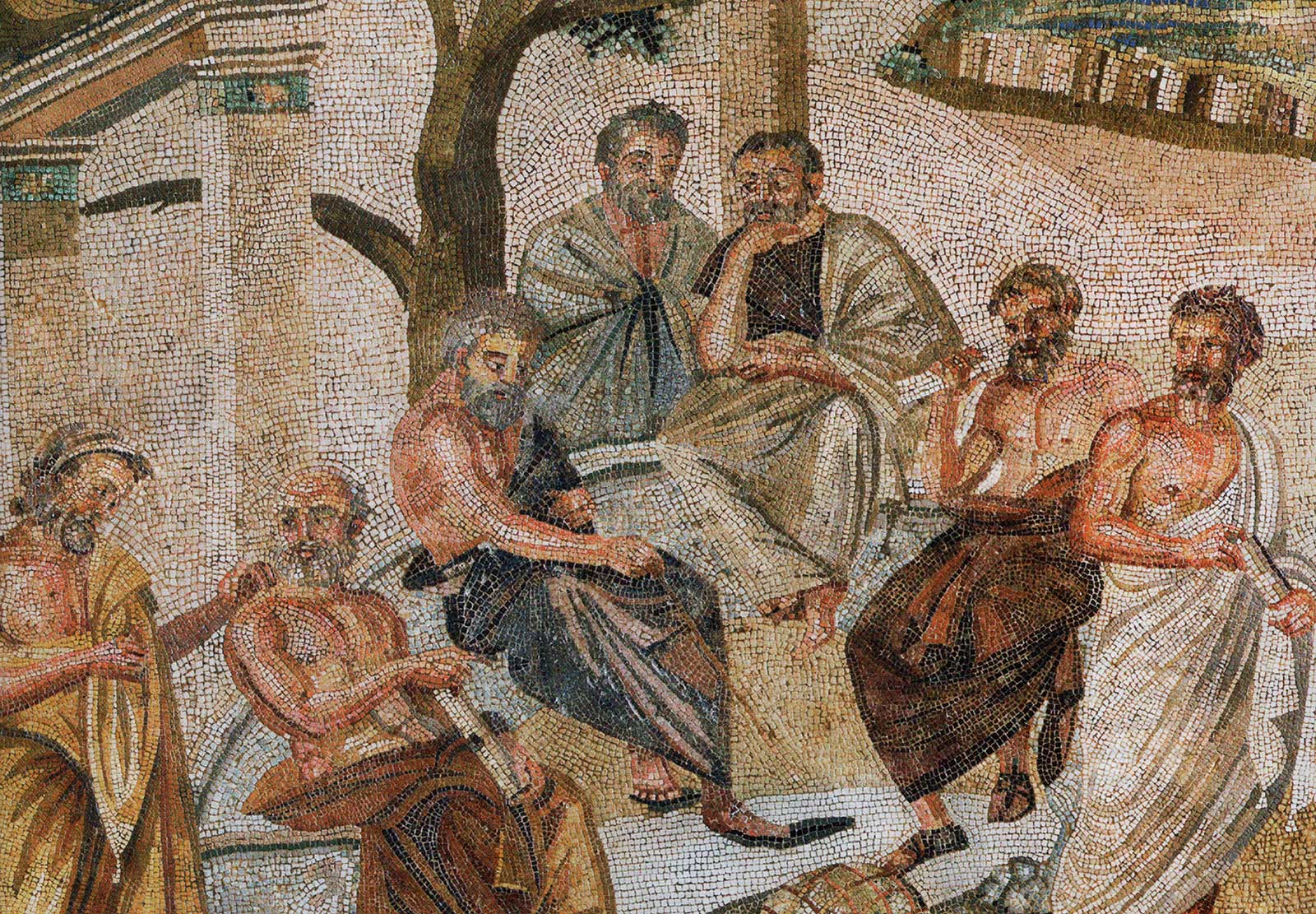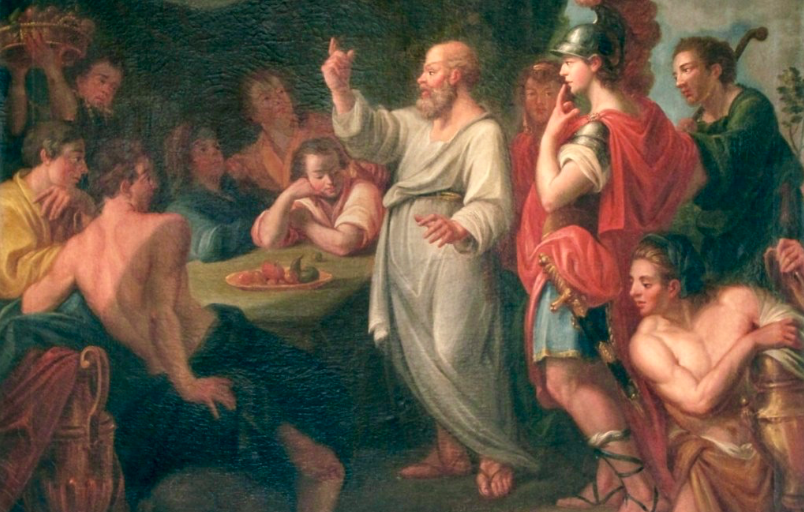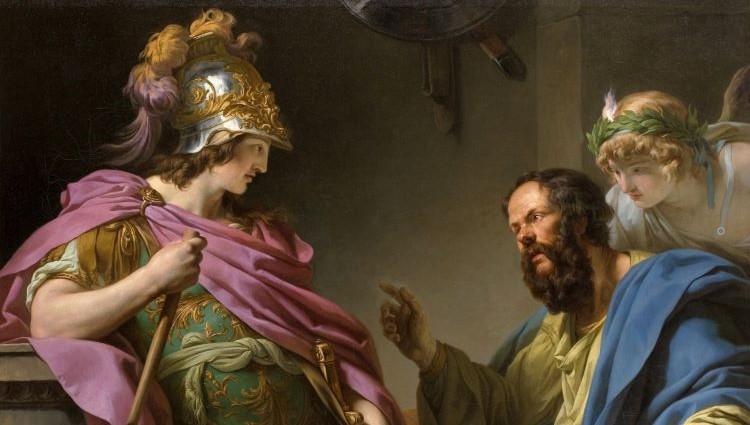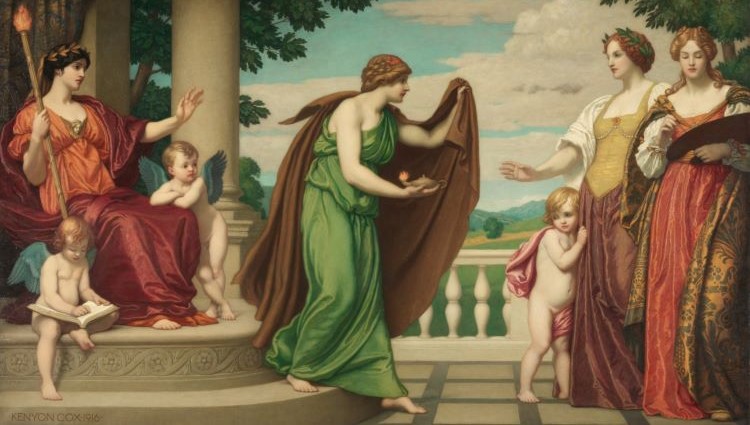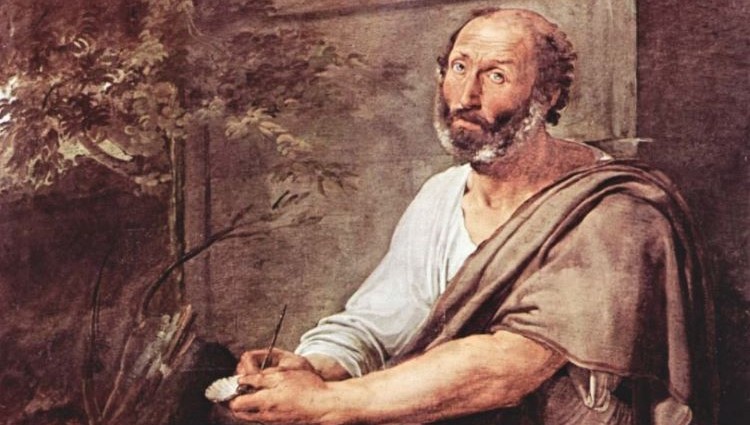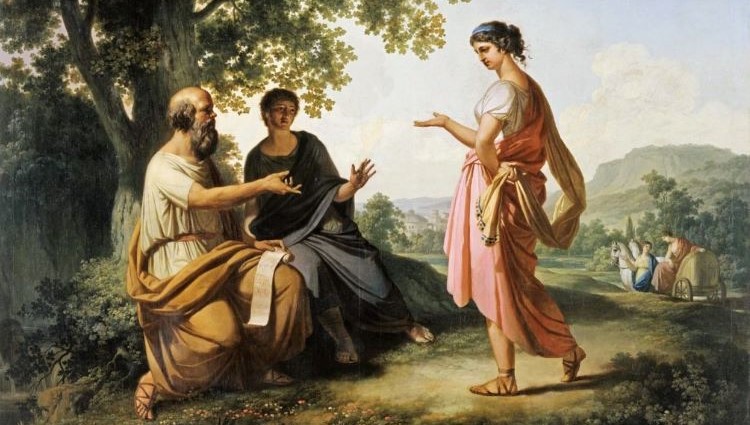The Dispassionate Study of the Passions
Ancient pathos, passion, was an affect emanating from an object; the object elicited the responsive affect, from the outside in. Modern emotion comes from inside out; it emphasizes expression; subject prevails over object. It is the Romantic worm eating its way out of the Enlightened apple. Plato’s dialogue Gorgias ends with a long speech culminating [...]

